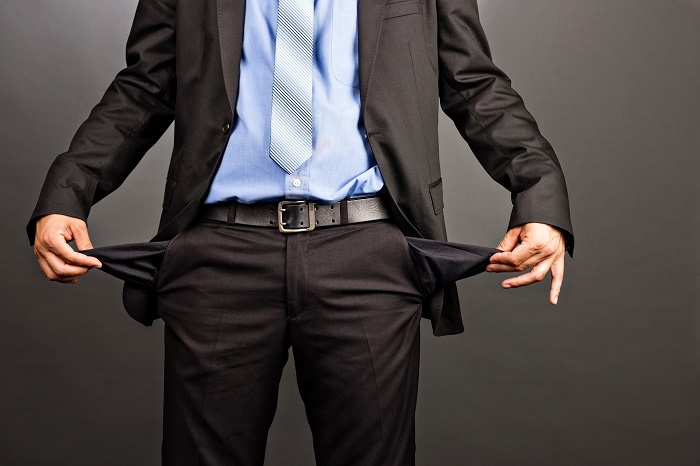The charity’s report, ‘Reward Work, Not Wealth’, found that 82% of the wealth generated across the world last year went to the richest 1%, while the poorest half of the global population saw their wealth flatline.
Having revised earlier data, Oxfam now calculates that last year 61 people, rather than 42, own as much wealth as half the world. As recently as 2009, the figure was 380 people.
The figures, published Monday, however, have received some criticism.
UK has leading role
Tax avoidance by businesses and wealthy individuals is estimated to cost developing countries and poor regions $170bn a year, according to Oxfam.
In addition to tax dodging, the report also highlighted how the excessive corporate influence on policy-making, erosion of workers’ rights and relentless drive to minimise costs in order to maximise returns to investors all contribute to a widening gap between the super-rich and the rest.
In the UK, the charity is urging the government to help fight tax dodging by using its upcoming Sanctions and Anti-Money Laundering Bill to ensure that Britain’s overseas territories publish the owners of companies incorporated on their shores.
It believes the Paradise Papers revealed the key role that UK-linked tax havens, such as Bermuda, play in facilitating global tax avoidance.
Crack down on avoidance
Mark Goldring, Oxfam GB chief executive, said: “Something is very wrong with a global economy that allows the 1% to enjoy the lion’s share of increases in wealth while the poorest half of humanity miss out. The concentration of extreme wealth at the top is not a sign of a thriving economy but a symptom of a system that is failing the millions of hard-working people on poverty wages who make our clothes and grow our food.
“The world has made huge strides forward in ending poverty, but progress could be even faster if we did more to break down the barriers that are holding back the world’s poorest people. For work to be a genuine route out of poverty we need to ensure that ordinary workers receive a living wage and can insist on decent conditions, and that women are not discriminated against. If that means less for the already wealthy then that is a price that we – and they – should be willing to pay.
“Leaders should ensure that wealthy individuals and businesses pay their fair share of tax by cracking down on tax avoidance, and invest this into essential services like schools and hospitals, and creating jobs for young people.”
Not the whole picture
Sam Dumitriu, head of research at think tank Adam Smith Institute said the report is, as ever, exceptionally misleading and misses the point.
“Oxfam’s annual eye-catching wealth inequality stats always paint the wrong picture. In reality, global inequality has fallen massively over the past few decades.”
He added: “What we should care about is the welfare of the poor, not the wealth of the rich.”








